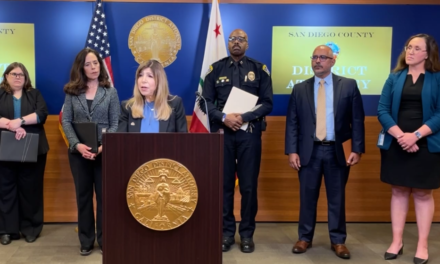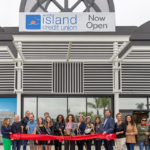SAN DIEGO–Local diners will be shelling out more money for their meals this year.
Some San Diego restaurants have added a surcharge to their customers’ meal to offset the increase of the minimum wage from $10.50 to $11.50 an hour. The new wage went into effect on New Year’s Day. The increase of the wage was approved by San Diego city voters last June.
At a news conference, City Attorney Mara Elliott says her office has launched an investigation into the surcharges after receiving complaints from residents through a consumer hotline.
Many diners were unaware of the 3.5 percent surcharge added to their meal, according to Elliot. She added that the ‘so-called surcharge’ is not mandated by any governmental entity.
The practice of adding the surcharge without the diners’ knowledge, and claiming it was government-mandated could put restaurant owners in legal hot water. False advertising is a violation under state law.
“If a family goes out to dinner they should be able to trust that the prices on the menu are the prices they will pay.”
The California Restaurant Association issued a statement regarding San Diego restaurant surcharge:
“Dear San Diego Restaurant Patrons,
Today, the San Diego City Attorney raised concerns about the manner in which surcharges were placed on customer receipts at some restaurants at the start of the new year. We appreciate her comments and respect her statements.
Because there has been some debate about surcharges, we think it’s critical that you know why some restaurants chose to adopt a surcharge. Many businesses all over California have been scrambling to find ways to adapt to the rising minimum wage. In a restaurant, labor costs often account for a very large portion of overall operating expenses, in an industry with remarkably low profit margins and high failure rates. This is why, when you hear about the minimum wage, you often hear about how it impacts restaurants.
To adapt to wage increases, restaurants around the state have either raised menu prices, reduced employees’ hours, reduced their own hours of operation, or adopted a surcharge or, in some cases, eliminated tipping and are now using a service charge. San Diego is not alone in this challenge and restaurants are not the first business to use a surcharge — many hotels and transportation providers also use a surcharge.
Whatever avenue each business chooses as a way to survive into the coming years, restaurants in San Diego and in every city want to be around for a long time to come.”








